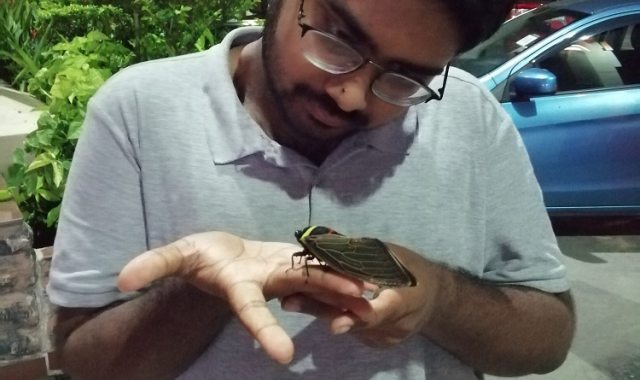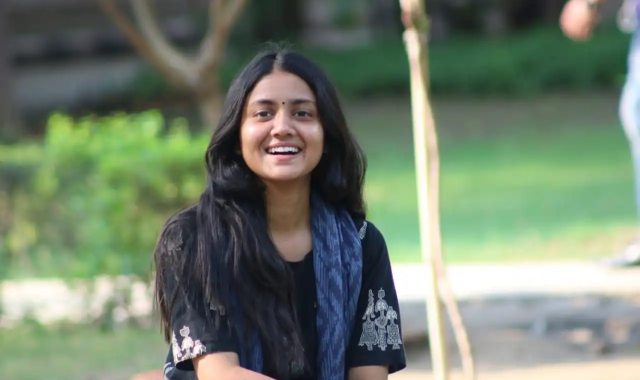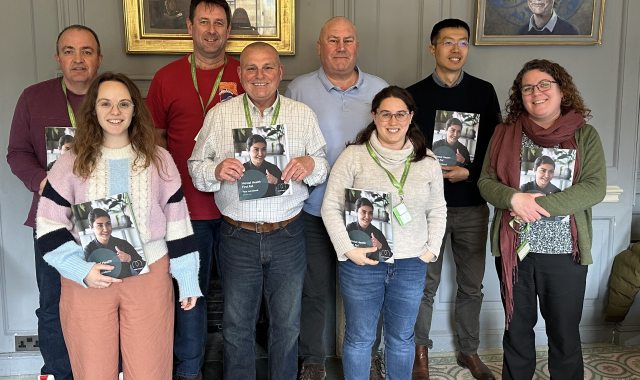Continual advancement in research stimulated by teaching
- 19 December 2023
- 3 minutes
Gonville & Caius Fellow Professor Kay-Tee Khaw, an Emeritus Professor in Gerontology, believes teaching the next generation provides a research stimulus for academics.
“I think our value as researchers is really as a teacher,” she says. “We don't teach right answers. We teach basic principles of how can we assess health impact, how can we evaluate critically the evidence because individuals have to find their own solutions. They have to be able to measure their own problems.
“We are striving to give them the critical and technical skills where they can find their own answers. I think that's what the research background enables us to have and that's what's so precious about Caius.
“The environment of open minded questioning, having the next generation of students challenging all the time, identifying new problems and new questions… I think that's the most exciting thing about Caius. Having a constant stream of new young people who are interested in improving the world.”
Professor Khaw was an undergraduate medical student at Girton College, Cambridge, and completed her clinical studies at Imperial College, London. Following stints in the capital and in California, where she enhanced her interest in epidemiology, she moved to Cambridge with husband Professor James Fawcett, a neuroscientist and formerly chairman of the Cambridge Centre for Brain Repair.
She became the University’s Professor of Clinical Gerontology in 1989 – gerontology is the process of ageing focusing on epidemiologic research. She joined Caius as a Fellow in 1991. She was named a CBE in 2003 for Services to Medicine.
Professor Khaw’s study on how modest differences in lifestyle are associated with improved life expectancy informed the UK Government’s ‘Small changes, big difference’ campaign in 2006. The study, carried out in Norfolk on more than 25,000 individuals, was part of the European Prospective Investigation in Cancer (EPIC) study, involving over half a million people in 10 European countries who provided detailed information on their diet and lifestyle who have now been followed up for over 30 years.
These findings have been replicated in other populations worldwide.
Professor Khaw, a Jeffrey Cheah Professorial Fellow at Caius, says: “Human studies are not like animal studies. You can’t control them perfectly. You have to study humans in a real life environment. The challenge is how you make sensible inferences from imperfect data.
“Environment and interactions are changing all the time, so that's why I think we need to evaluate and monitor constantly what we're doing. We need to keep on with population studies and assess the impact of policies, for example.
“What we're trying to do is characterise health in populations, but understand the biological underpinnings and how to capture the environment that they're in and how it affects their health. Technological developments now allow us to measure complex biological processes and environmental influences such as pollution in large numbers of people, but also understand social determinants of health.
“We're trying more and more and more to understand what determines health trajectory over the life course, and what we can do to improve population health.”
-
Professor Khaw was this month named research.com's Best Female Scientist in the United Kingdom



